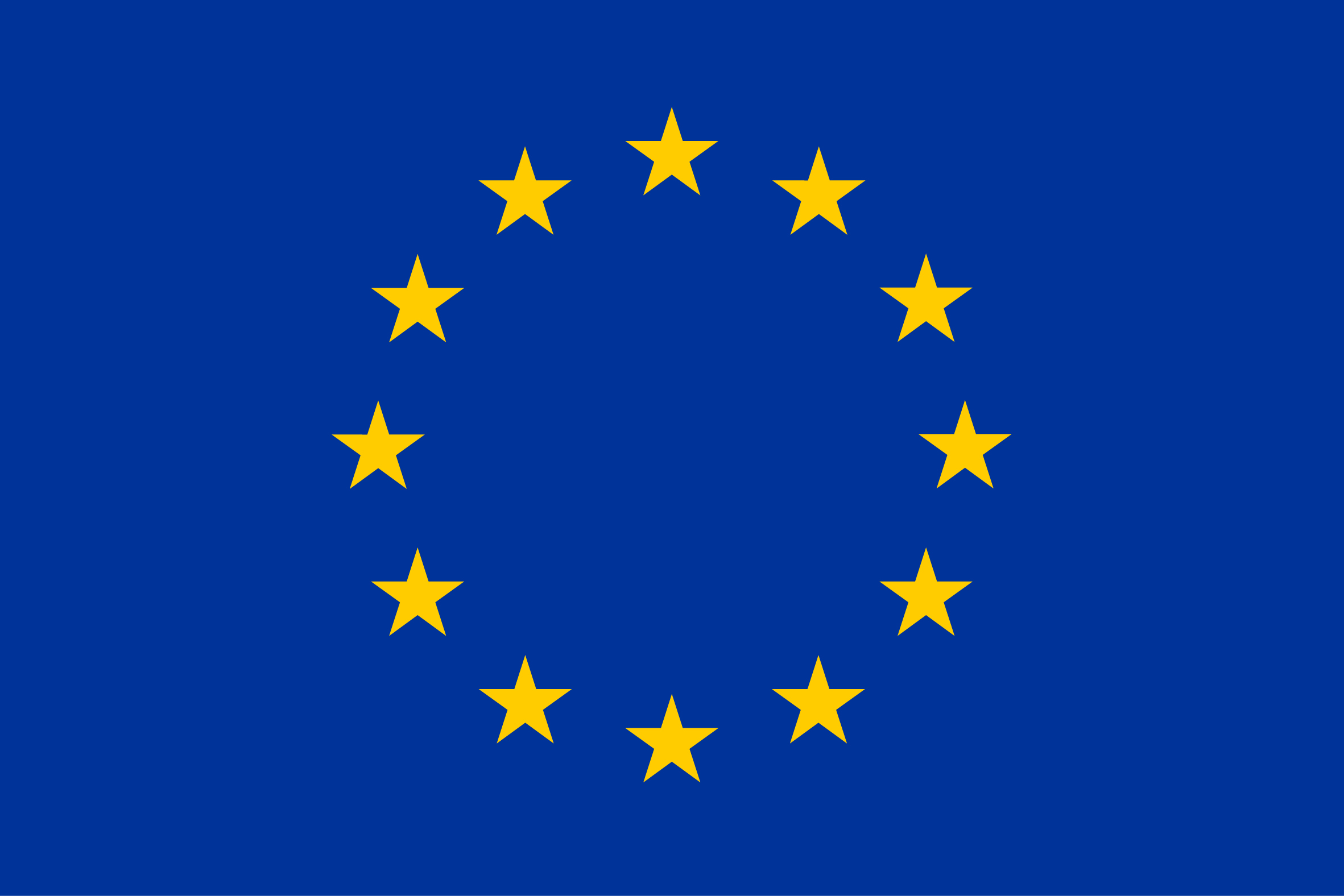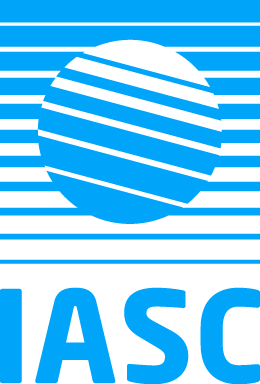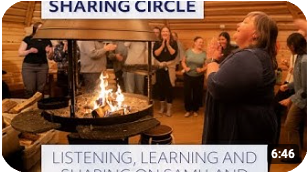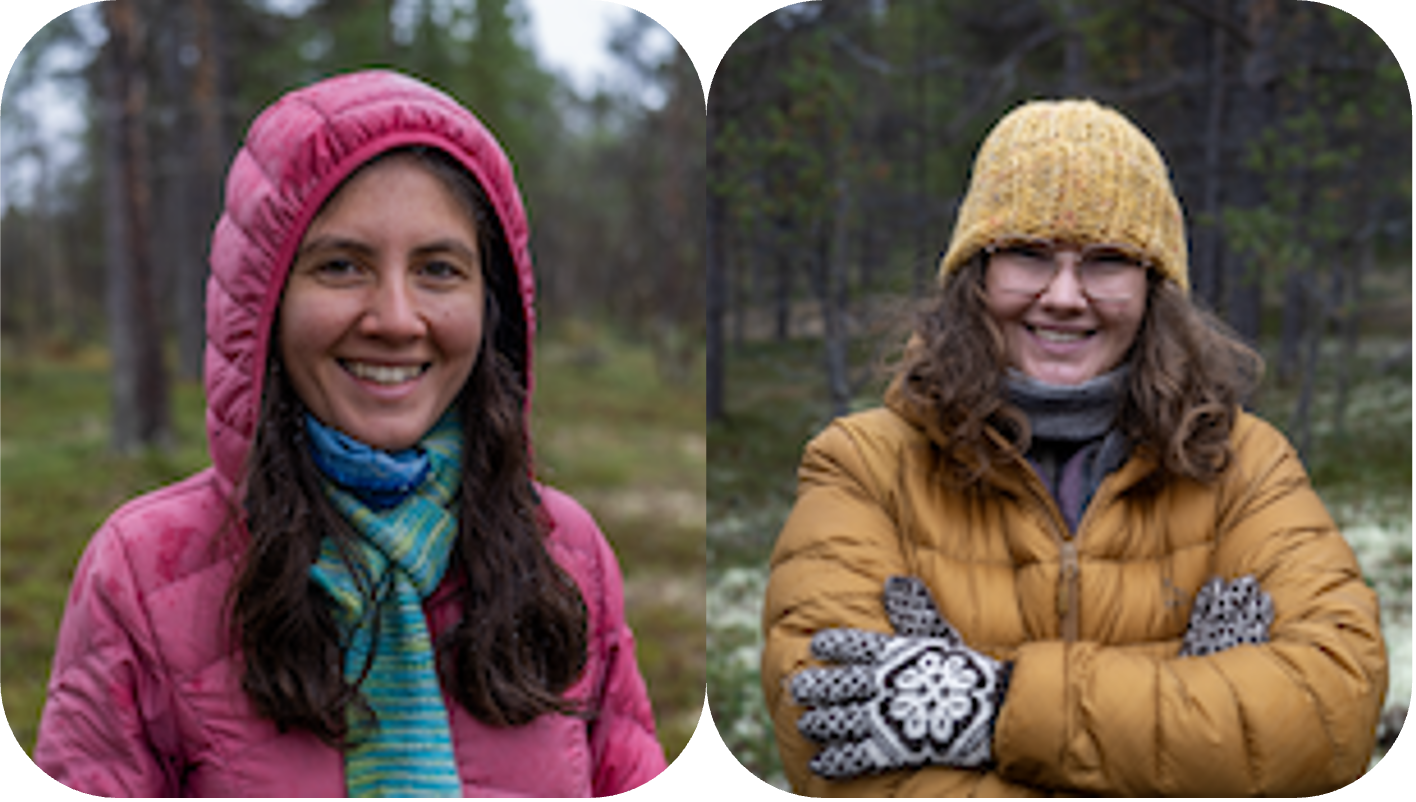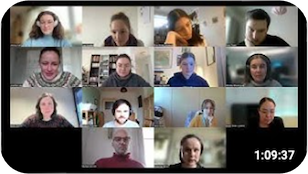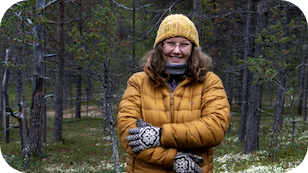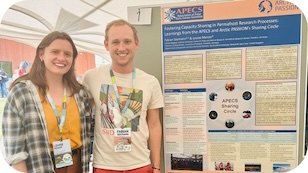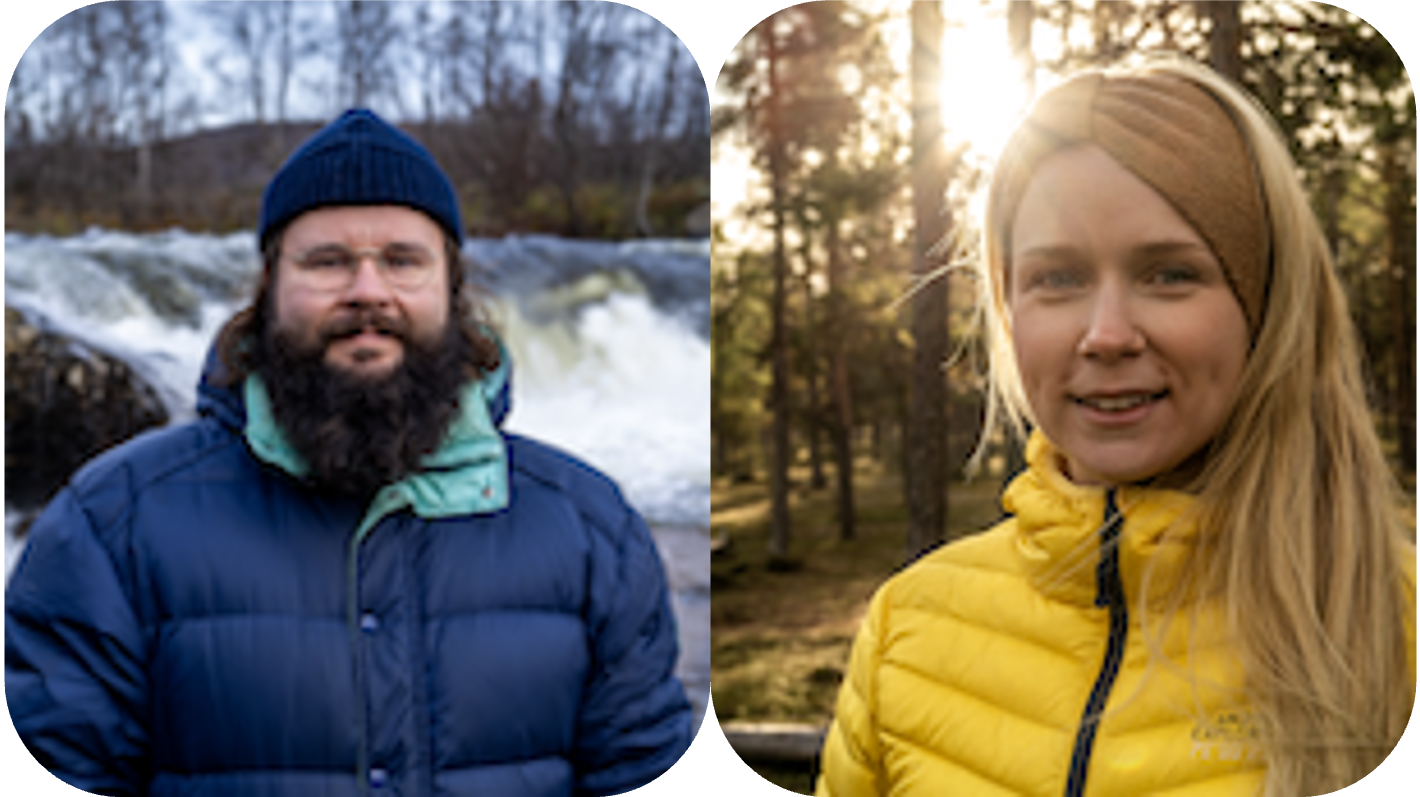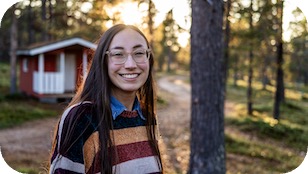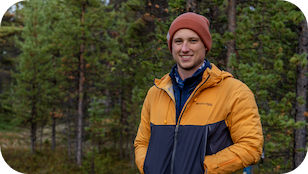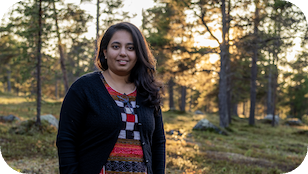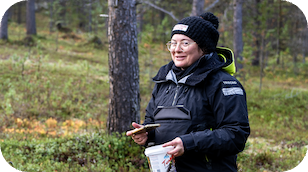Sharing Circle
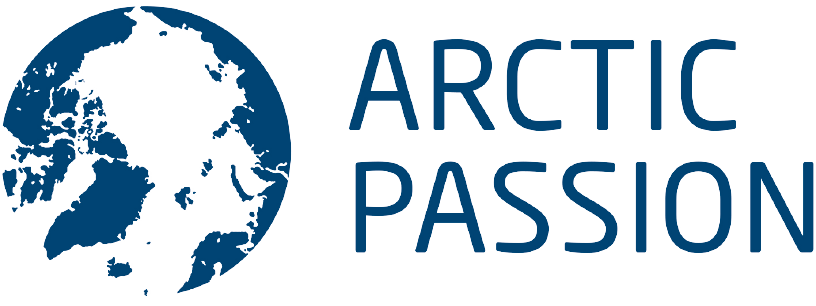
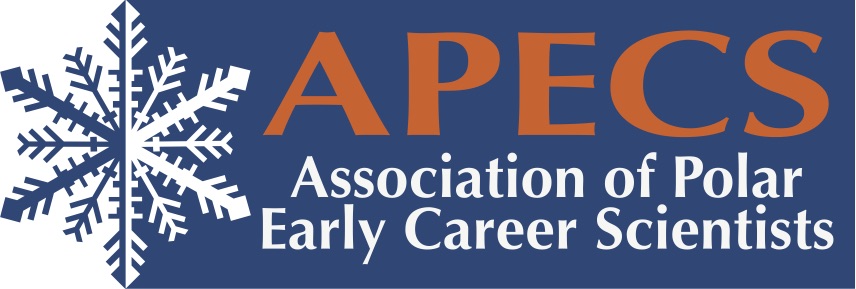
Sharing Circle for Early Career Professionals and Arctic Youth
The Association of Polar Early Career Scientists (APECS) and the Arctic PASSION project organised an APECS & Arctic PASSION Sharing Circle for early career professionals and Arctic youth!
The Sharing Circle took place in Sevettijärvi and Inari, Northern Finland, on 2-6 October 2023.
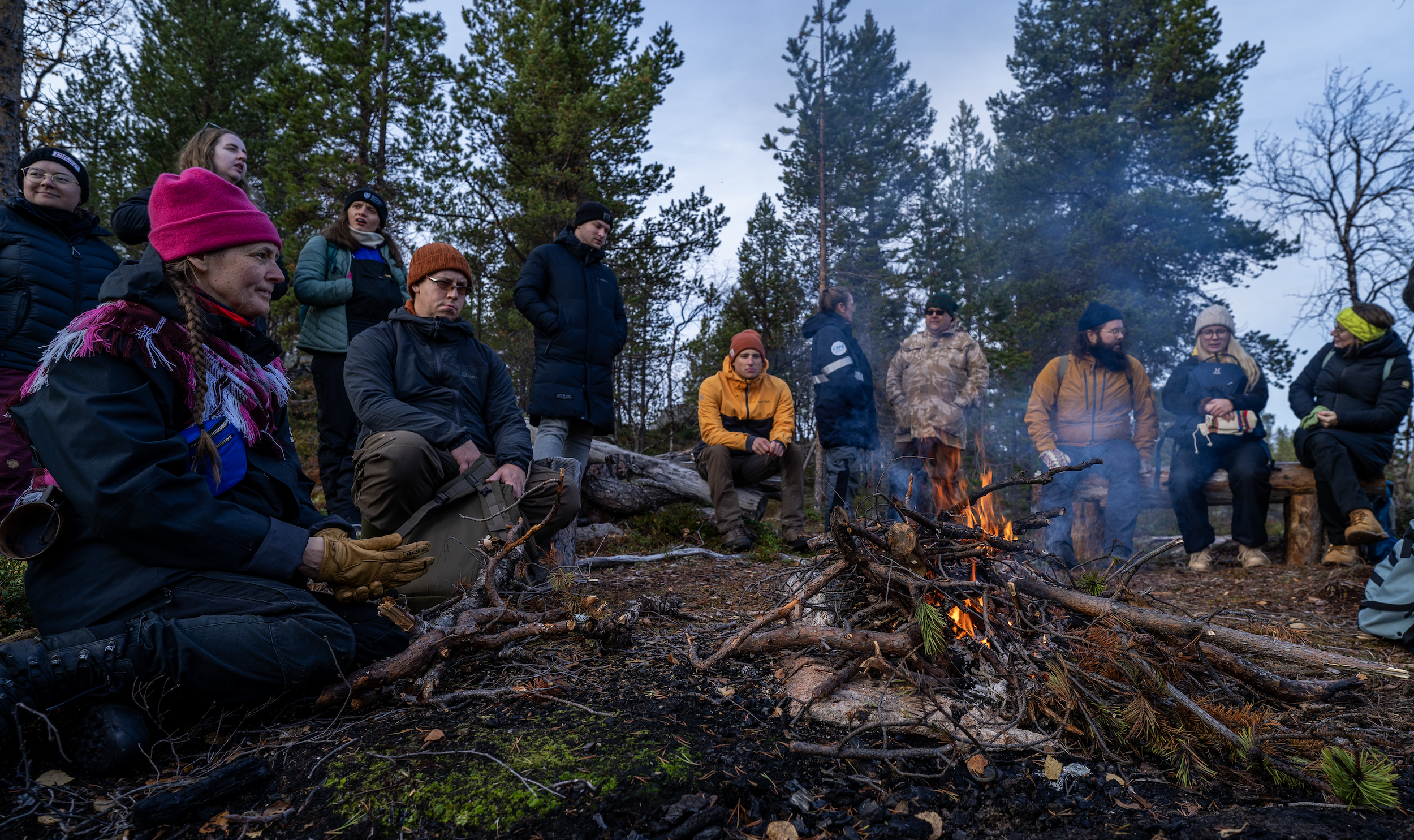 Having grown up in a world of global challenges, Arctic youth and early career professionals have agency in creating positive change for the future. The Arctic will benefit from a close dialogue between Arctic youth, young professionals and early career researchers working and living in the Arctic. The APECS & Arctic PASSION Sharing Circle fostered this dialogue through a week-long program in Northern Finland.
Having grown up in a world of global challenges, Arctic youth and early career professionals have agency in creating positive change for the future. The Arctic will benefit from a close dialogue between Arctic youth, young professionals and early career researchers working and living in the Arctic. The APECS & Arctic PASSION Sharing Circle fostered this dialogue through a week-long program in Northern Finland.
The Sharing Circle aimed to create a personal setting where everyone and everyone’s voice is equally important. In practice, participants became speakers and speakers became participants. All participants learned about different knowledge systems and the co-creation in theory and practice. They learned from locals, those who collaborate closely with the local Indigenous community, and from each other. The group of participants was diverse and presented the areas of industry, policy, social and natural science as well as linguistics.
The one-week program offered a mixture of outside excursions, indoor seminars and group discussions, providing different formats of learning. The Arctic PASSION partner Snowchange Cooperative shared their own experience from indigenous-led and co-managed environmental restoration projects of the region. Being in the home lands of the Skolt Sámi allowed the participants to fully embrace local issues and learn from and about the Sámi on their lands.
With the Sharing Circle we provided a platform for exchange between Indigenous and local rights holders, Arctic youth, Arctic research experts and early career professionals working with Arctic topics, leading to a better understanding among each other and across the region. Such events can shape careers and (research) approaches at the beginning of their early (scientific) careers. This kind of training is important for creating better collaborative and co-created research leading to more meaningful results and trustful relationships. The event format of a Sharing Circle empowered the participants in many ways and can be seen as an example for other (future) EU projects.
Arctic PASSION Ambassador projects
After the Sharing Circle, the participants have become Arctic PASSION Ambassadors who act as multipliers and increase the reach of the Sharing Circle. They develop their own outreach projects to share their newly gained knowledge and experiences with their communities, institutes or other chosen audiences. Please see outcomes of the ambassador projects here:
A video about the Sharing Circle was produced as a cooperation between the Sharing Circle participants Emma, Elise, Minetta & Jessica and Olivia Rempel (GRID-Arendal). Watch the video here. |
Elise Brown-Dussault and Jessica Hall creatively processed their new experiences and what they learned during the Sharing Circle by writing a song. Listen to it during the video. |
In this webinar Sharing Circle participants shared their learnings and experiences from the event and answered questions by the audience. Organisers explained the concept. Watch it here. |
Jessica Hall wrote an article about her experience as a participant of the Sharing Circle and shared it with the Arctic PASSION & APECS community. Read the article here. |
Fabian Seemann and Louise Mercer presented their learnings from the Sharing Circle and gave recommendations during a poster session at the ICOP 2024. Read more about it here. | Jaakko Juvonen and Kaisa Juhanko wrote an article for the Finnish Climate Bulletin about risks and challenges as well as economic opportunities of a warming climate. Read it here. |
Peyton M. Cavnar gave a presentation and raised a discussion at her university about the collaboration with IP communities and will continue so at other places. Read more about it here. |
Fabian Seemann hold a talk about the Sharing Circle at his institute and at a major permafrost conference. He hopes to bring in his learnings at a UN conference. Read more about it here. |
Rashmi Ramesh reached out to both the academic community and the government to share her experiences from the Sharing Circle and to initiate dialogue. Read more about it here. |
Alizée Le Moigne co-organised a seminar at her university to raise awareness, wrote a newsletter article about it and continues to work on a publication. Read more about it here. |
AT A GLANCE
|
By attending the Sharing Circle, participants:
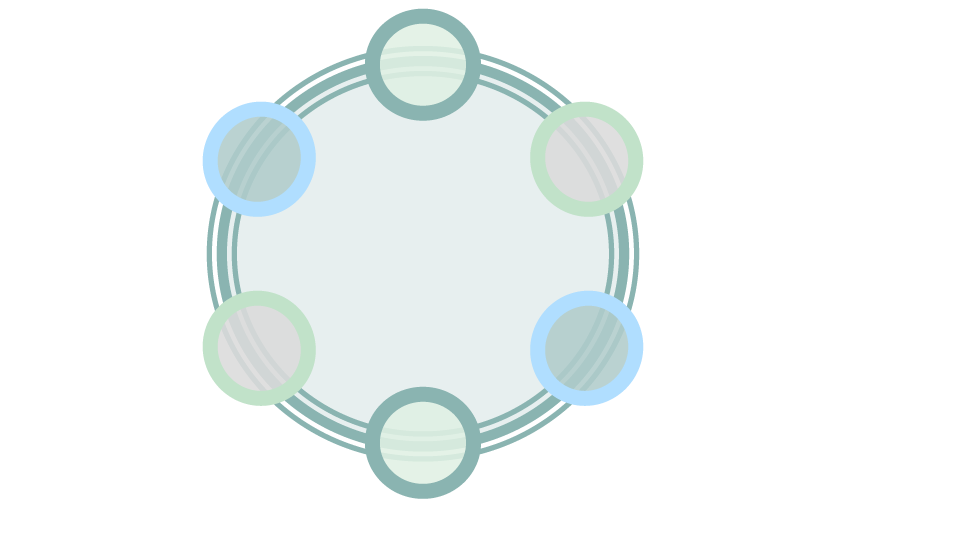
gained new perspectives on Arctic issues and Arctic collaborations
were empowered to establish meaningful collaborations across sectors and culture
got a better understanding about life in the Arctic and the intercultural and transdisciplinary complexity of the Arctic
learned about the approach of “capacity sharing” and its valuable contribution to research processes as well as best practices in engaging with Arctic rights holders and stakeholders
learned how to create safe spaces for collaboration and exchange, leading to more equitable research outcomes and better science - this two-way, multi-directional exchange developed on the basis of reciprocity, communication and collaboration
gained a new network
have developed their future paths by incorporating their learnings and experiences
Read a more detailed report about the Sharing Circle in Deliverable 9.5.
Lecture Plan
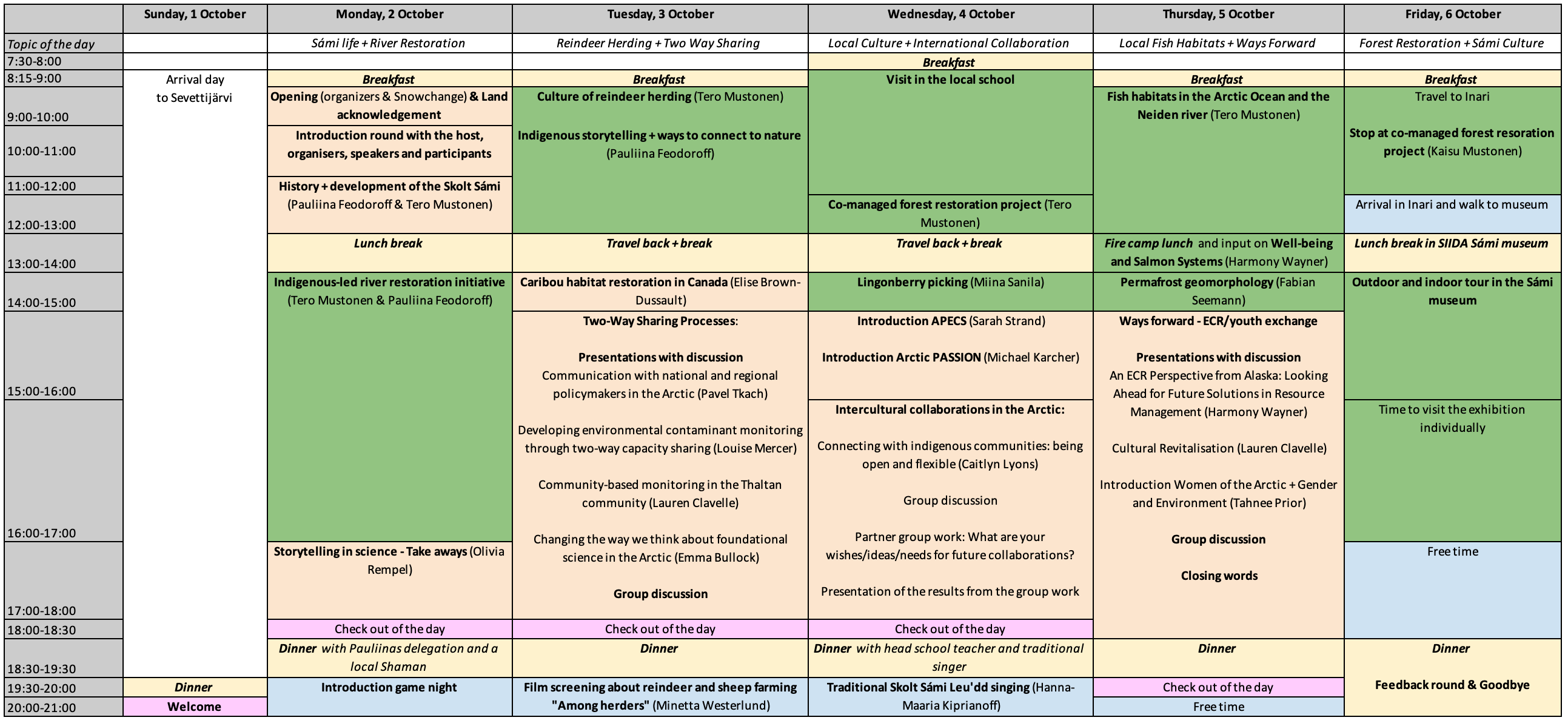
Sharing Circle Participants
From 89 applicants, a rigorous review process involving 31 senior and early career reviewers from 13 countries selected 18 Arctic youth and early career professionals between the age of 20-35.
Find out more about the Arctic PASSION Sharing Circle participants:
1. Elise Brown-Dussault - Whitehorse, Yukon Territories (Canada)
2. Emma J. Bullock - Woods Hole, Massachusetts (USA)
3. Peyton Cavnar - Burlington, Vermont (USA)
4. Lauren Clavelle - Calgary, Alberta (Canada)
5. Ilaria Crotti - Ispra, Italy
6. Kaisa Juhanko - Helsinki, Finland
7. Jaakko Juvonen - Helsinki, Finland
8. Alizée Le Moigne - Zurich, Switzerland
9. Jessica Louise Hall - Oslo, Norway
10. Caitlyn Lyons - Waterloo, Ontario (Canada)
11. Louise Mercer - Newcastle, UK
12. Elizabeth Moeser - Seward, Alaska (USA)
13. Rashmi Ramesh - Bengaluru, India
14. Conor Savage - Edinburgh, UK
15. Fabian Seemann - Potsdam, Germany
16. Karina Sheifer - Hanover, New Hampshire (USA)
17. Pavel Tkach - Rovaniemi, Finland
18. Minetta Westerlund - Tromsø, Norway
Sharing Circle speakers
Pauliina Feodoroff is a Skolt Sámi leader, playwright, film maker and an artist. She worked as the President of the Sámi Council 2007-2009 and is currently the Coordinator for Eastern Sámi territories of Snowchange work. She leads the Näätämö catchment area co-management work.
Michael Karcher is a physical oceanographer and the scientific coordinator of the EU project Arctic PASSION.
Hanna-Maaria Kiprianoff is a Skolt Sámi singer and told about the traditional singing of Leu'dd and dances.
Tero Mustonen is the President of Snowchange at the moment. He is a winter seiner and adjunct professor (Human Geography). He has been working in Alaska, Canada, Greenland, Iceland, Sámi territories as well as Russian North since 1999. He served recently as a Lead Author for the AR6 of the IPCC. With the Snowchange Cooperative, he is part of the Arctic PASSION EU project and builds the bridge between the project and the Indigenous partner communities collaborating with the project. Tero came with his Snowchange team consisting of Kaisu Mustonen, Lauri Hämäläinen, Tiina Oinonen and two collaborators from Canada.
Tahnee Prior is the co-founder Women of the Arctic, a Finland-based non-profit association whose mission it is to raise awareness for, support of, and maintain a focus on women’s and gender-related issues in the Arctic. Together with her colleague, Gosia Smieszek, Tahnee co-leads WoA's research on the gender-dimension of Arctic observing systems in Arctic PASSION. Tahnee recently completed a Postdoctoral Fellowship at Dalhousie University and holds a Ph.D. in Global Governance from the University of Waterloo.
Olivia Rempel is a documentary filmmaker and multimedia journalist working at GRID-Arendal, where she does everything from producing, shooting and editing documentaries, to guest teaching science communication courses. She holds a master’s degree from the UC Berkeley Graduate School of Journalism, with prior undergraduate work in environmental studies. Olivia has had a variety of media jobs, from logistics and communication work at Students on Ice, an educational polar expedition organization, to leading open-source investigations that combat disinformation at the UC Berkeley Human Rights Center and working on documentaries that have screened at film festivals around the world.
Miina Sanila is the daughter of Toini Sanila who build our accomodation house by herself taking care of her three childs (Sanila's Reindeer Farm). The Sanila family hosted our group for a week and shared stories and laughter with us.
Sarah Strand is the Executive Director of the Association of Polar Early Career Scientists (APECS) and finalizes her PhD on the topic of permafrost thermal dynamics at The University Centre in Svalbard (UNIS) and the University of Oslo.
Harmony Wayner is a tribal member of Naknek Native Village, a commercial fisher in the Bristol Bay salmon fleet, and a marine scientist focused on social-ecological systems to promote Indigenous values and well-being in fisheries. She is an Arctic Frontiers Emerging Leader and Alaska Sea Grant Fellow. Harmony has a Master of Resource Management from the University Centre of the Westfjords in Iceland and a Bachelor of Science in Biology from the University of Alaska Southeast. She is most passionate about elevating the voices of Indigenous communities by integrating Western science and Indigenous knowledge in resource management. Currently, she is working as an Indigenous Liaison at the International Arctic Research Center.
Sharing Circle participants: Èlise Brown-Dussault, Emma Bullock, Lauren Clavelle, Louise Mercer, Fabian Seemann, Pavel Tkach, Minetta Westerlund
Sharing Circle organizers
Lisa Grosfeld (Association of Polar Early Career Scientists, Alfred Wegener Institute)
Nadine Hillenbrand (Association of Polar Early Career Scientists, Alfred Wegener Institute)
Sarah Strand (Association of Polar Early Career Scientists, UiT The Arctic University of Norway)
If you have any questions, please contact us via: arcticpassion@apecs.is.
This event has received funding from the Arctic PASSION project, which is funded by the European Union’s Horizon 2020 research and innovation programme under grant agreement No. 101003472, from the International Arctic Science Committee (IASC) and from the Norwegian Research Council.
